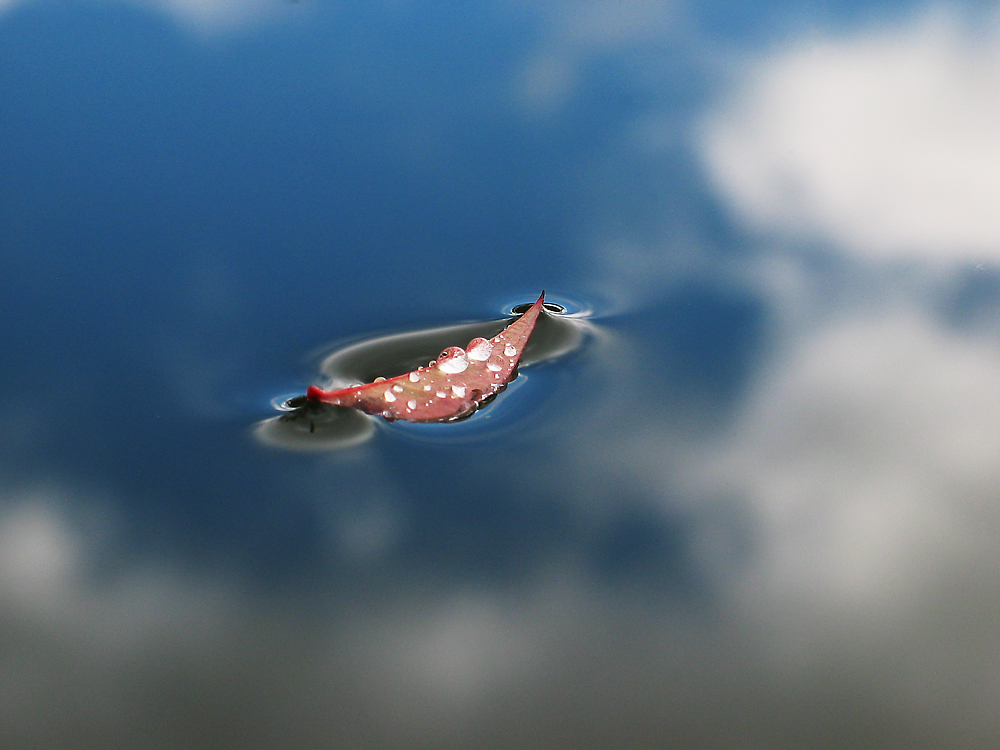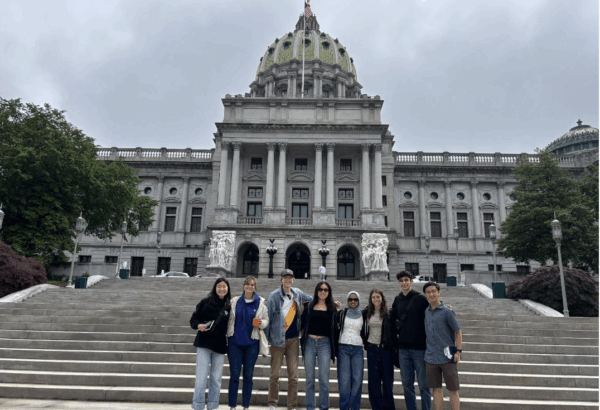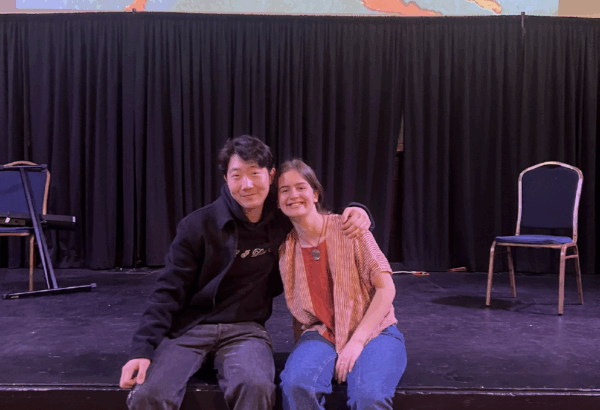Yesterday I was clever, so I wanted to change the world. Today I am wise, so I am changing myself.
~Rumi
Cleverness and wisdom
Sometimes, cleverness can come from our education. Acquiring knowledge can activate a desire for justice that makes us want to run out and do things to alter systems of systemic oppression. This is a good desire and one that Rumi does not condemn.
Wisdom, however, is reflected in the realization that internal work is integral to change at both levels. Focusing on the areas where I need to grow can have an unanticipated ripple effect influencing others for the good. It is a mysterious process, but the key element is paying attention to my change, not the corollary changes emanating from my internal growth. It is trusting that if I work hard inside, it will benefit the world. Social justice can come from work towards personal integration.
Wisdom, however, is reflected in the realization that internal work is integral to change at both levels. Focusing on the areas where I need to grow can have an unanticipated ripple effect influencing others for the good. It is a mysterious process, but the key element is paying attention to my change, not the corollary changes emanating from my internal growth. It is trusting that if I work hard inside, it will benefit the world. Social justice can come from work towards personal integration.
Avoiding the “SNARE of Preparation”
Yet, Jane Addams cautions young people not to become so enamored with internal processes that they forget their desire to serve others. In a phrase she borrows from Leo Tolstoy, the “snare of preparation,” Addams describes how young people of her time period, late 19th and early 20th century spent so much time cultivating their education that they “had departed…from the active, emotional life” and “ lost that simple and almost automatic response to the human appeal.”1 Addams recognizes that the desire to change the world can be squelched by too much attention to “preparation” which can make people feel trapped.
Balancing Interior and Exterior Change
Rumi’s words, mixed with the warning from Addams, prompt us to think about balance in our work towards external and internal change. We must try to look inside and outside at once. When we learn something that alerts us to the need for change, we can take a minute to reflect and look inside before we move to action. Our action will deeply benefit from our time in contemplation. Regularly practicing this process will help us to move beyond cleverness and towards wisdom.
1. Jane Addams Twenty Years at Hull House (1920); Also Jean Bethke Elshtain The Jane Addams Reader (New York, Basic Books,2002) 1-4.




